Cybersecurity Awareness Month: Are You Cyber Safe?

Held every October, Cybersecurity Awareness Month is an internationally renowned campaign which aims at raising public awareness on the importance of staying safe on the Internet. Here at .ME, we often find ourselves discussing the importance of personal accountability, the need to take proactive steps and be cyber-safe both at work and at home/otherwise. In the spirit of Cybersecurity Awareness Month, we want to share some tips with you.
What are cyber threats
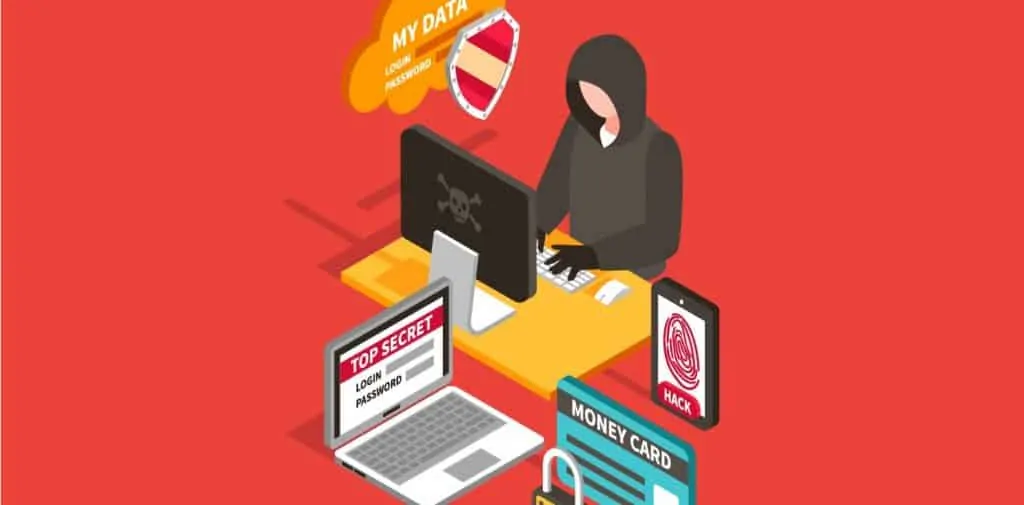
Think of cyber threats as potential criminal activities that, instead of occurring in the offline world, happen here – on the web. While they might not sound scary at first thought, cybercrime can do more harm to your online and offline life than you think. By 2021, damages from cybercrime will cost the world $6 trillion on a yearly basis. And the targets are both individuals and organisations. Bear in mind that the advice we dispense here in this article, primarily concern individuals.
Defined as an activity that aims to jeopardise the security of an information system, cyber threat can alter anything from the integrity of a system or the information it contains, to its availability or confidentiality.
Individuals, or even organisations, can be perpetrators. And while their motivations, skills and capabilities might differ, the victims are always left with the same result – damage. Low cybersecurity can lead to anything from identity thefts, transaction fraud, advance fee fraud, hacking, and many more. Therefore, having a grasp of how to stay cyber-safe is a first step towards protecting yourself from any cyber threats.
Types of cyber threats
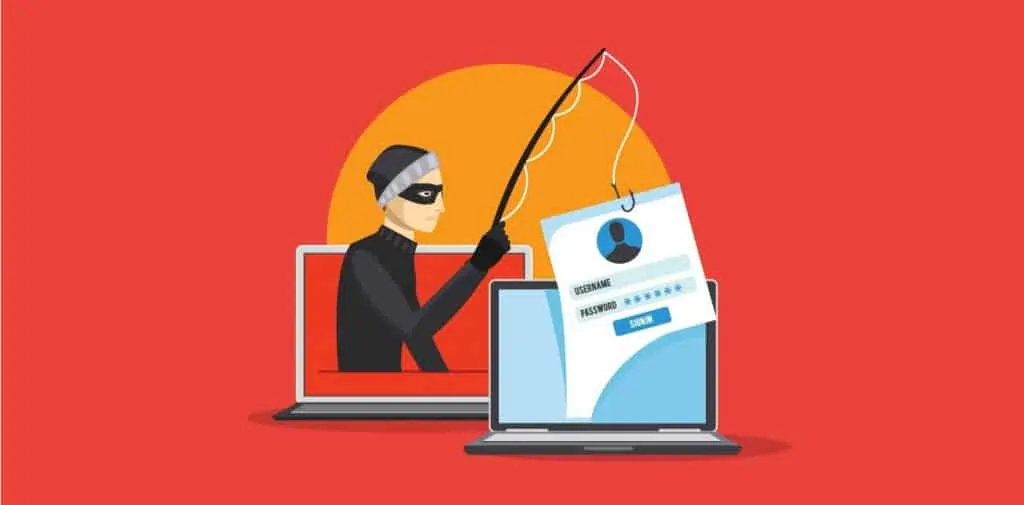
Nowadays, we live in a world where most of our appliances – including our homes, are connected through the Internet and responsive to us through apps. While this makes our lives much more manageable, the overexposure of our lives on the Internet can lead to us being the victims of cybercrime.
The cyber threats come in three broad categories of intent. Either it is for a financial game, distortion or espionage. Now, the types of cyber threats are many, but some are more prominent than others.
Malware – software that makes a malicious attack on a targeted network or a device.
Phishing – threat received through an email. These can be twofold, one is where the recipient is tricked into disclosing confidential information. While the other includes receiving a hyperlink through which the email recipient downloads a malware.
Ransomware – happens when the attacker encrypts the data on the targeted system and asks for ransom in exchange.
Denial of service – an example of the denial of service would be if a website crashed from the overload of demand. This happens when the attacker overtakes many devices and uses the same to generate chosen functions of targeted service.
Trojans – as its name says, this is a malware that upon entering the targeted system appears to be one thing, and once it reaches the host system, lets out malicious code. Password cracking – we’ll talk about the password hygiene a bit later. Still, for now, there are many techniques which attackers use to discover your password.
How you can protect yourself online and increase your cybersecurity
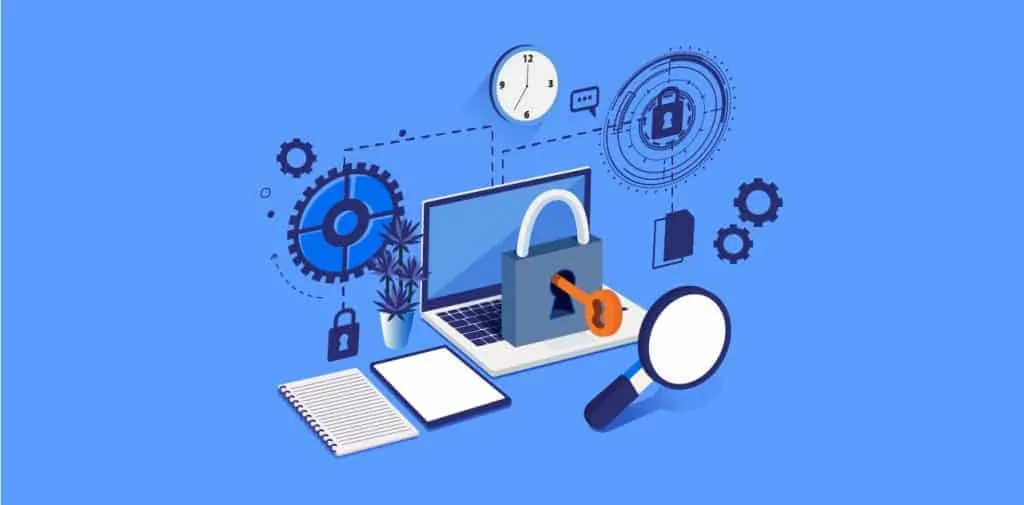
Taking proactive measures is always the best advice anyone can give. You do that by locking your house, going on a regular check-ups, keeping your precious possessions far away from prying eyes… But how can you protect yourself online? Well, it is easier than you might think! You definitely don’t need to be an expert in cybersecurity to protect yourself online.
Create a strong password
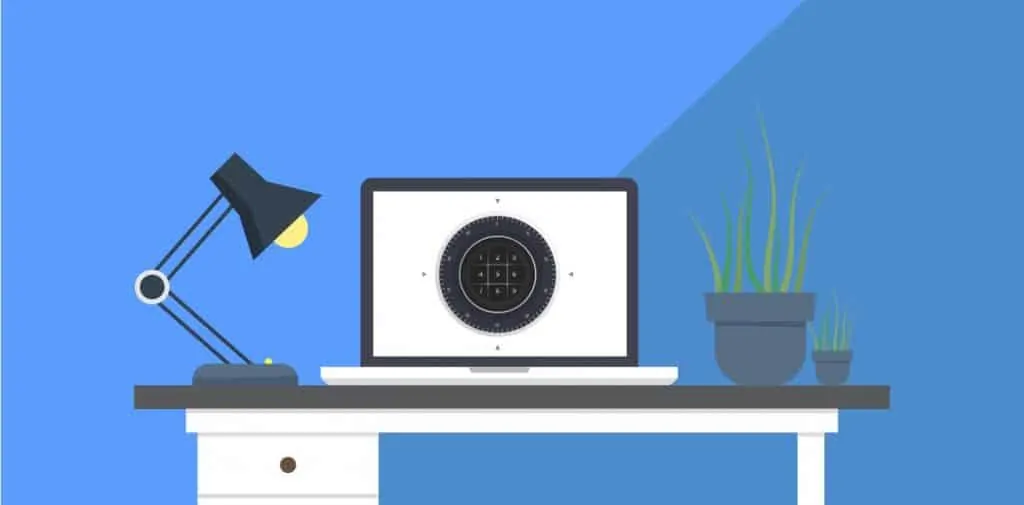
Many times we get slightly annoyed with so many requirements when creating a new password – upper case, a letter, a sign, a number. Not previously chosen or used in the past 6 months. Must be strong enough. And the list goes one. Not to mention the overriding state of being confounded with dozens of different passwords, pins and whatnot. So, how do we keep our password hygiene on a top-notch level?
By having a strong password that is:
- Long enough: at least 8 characters
- Using a combination of upper and lower case letters
- Use at least one number
- Use characters, not only numbers and letters
- Exchange letters for numbers, e.g. switch E for 3 or A for 4
- Change it often
- Never use the same password for different accounts: if one gets compromised, others should not
- Don’t use the expected passwords: your spouse’s name, birthdays etc.
- Lock as many devices as you can
Because remember, all our accounts are at a simple click away from being extorted for the benefit of malicious attacks.
Sounds like a real hassle? You can always look for a password management service that will choose your passwords and remember them for you.
Enable two-factor authentication
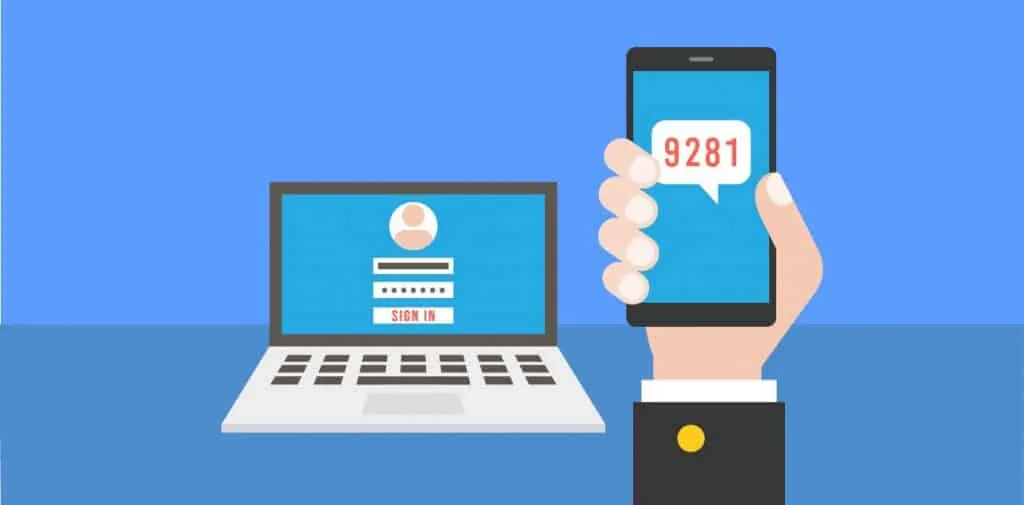
Two-factor authentication is an easy way to add an extra level of security to all of your accounts and platforms. This security process requires the user to give two different authentication factors with which they will verify themselves. The purpose of two-factor authentication is to provide an added protection whether for the resources the user wants to obtain or to protect their credentials.
There are several ways of enabling the authentication, of which the most frequent ones include a code sent to your mobile device over SMS, having to type in a PIN, fingerprint or voice recognition, and so on.
Make sure you secure your most important accounts. Having an extra layer of security and being notified immediately if someone else, but you, wants to log in will make you feel more at ease about the security of your data.
Recognise Phishing
Did you know that email is the most often used method for cyber threats? Fishing out sensitive information through emails that at first seem legitimate is the easiest way to compromise your security. This method is known as phishing. So what to do when you receive an email from a suspicious address that asks you to disclose sensitive information or click on a link? Delete it!
If you believe you are indeed receiving a legitimate email and it is not an imposter asking for information, contact the company or other body via phone and verify the email. Also remember that no reputable institution, especially not a bank, will ask you to send them your personal information, such as social security numbers, ID number, etc, via email.
Pro tip: Always take a look at the address the email is coming from! Sometimes there is just one extra or missing letter when compared to the original company email address, but it’s a dead giveaway of the scam.
Download system updates
Yes, we all postponed system updates. It never feels convenient to update your system, but this might cost you your security, as you are putting yourself at a risk of security breaches. If it isn’t kept up to date, your operating system deals with all functions including security aspects.
So what to do? Set automatic system updates that will download any fixes needed, and thus keep your system secure.
Besides downloading system updates, there are also antivirus software that will scan your device and detect malware.
Secure your domain name
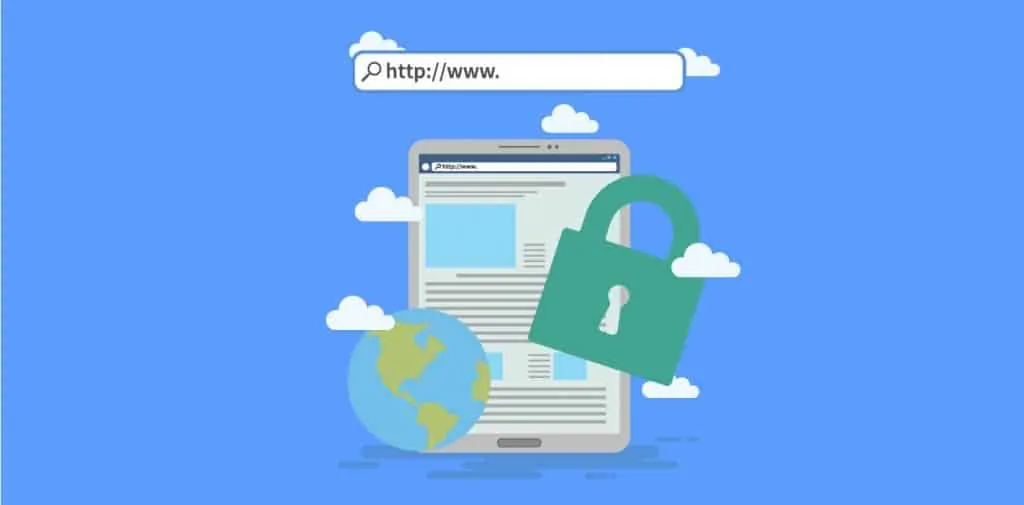
If you have a website, you need to make sure that your domain name is secured. Here at .ME, we believe it is our responsibility and obligation to best protect .ME domain name owners as much as we can. Therefore, we take online scams seriously and take various measures to make .ME neighbourhood a safe place that people can trust. From having anti-abuse oriented policies in place, to additional security measures such as Registry Lock and DNSSEC, which are all at the disposal of our registrees.
We have also established an anti-abuse team, together with our back-end provider and partner Afilias and start to act proactively to ensure the safety and security of .ME neighbourhood! We try to keep our domain space free from abuse in order to make the visitors of websites with a .ME domain extension feel safe engaging with the site.
So what is the moral of the story?
Be proactive. Don’t skimp on the advice we’ve given you. Cybersecurity is becoming more and more important as technology advances. With everything becoming accessible at a single click, we ought it to ourselves to keep our online lives, which by day become more intertwined with our offline ones, safe and (cyber) secure.
October was the month for further raising awareness about the importance of cybersecurity. However, we advise you to remain cautious and inform yourself on the matter of the cybersecurity throughout the year! Here at .ME, we are doing our best to keep your online home address safe.
